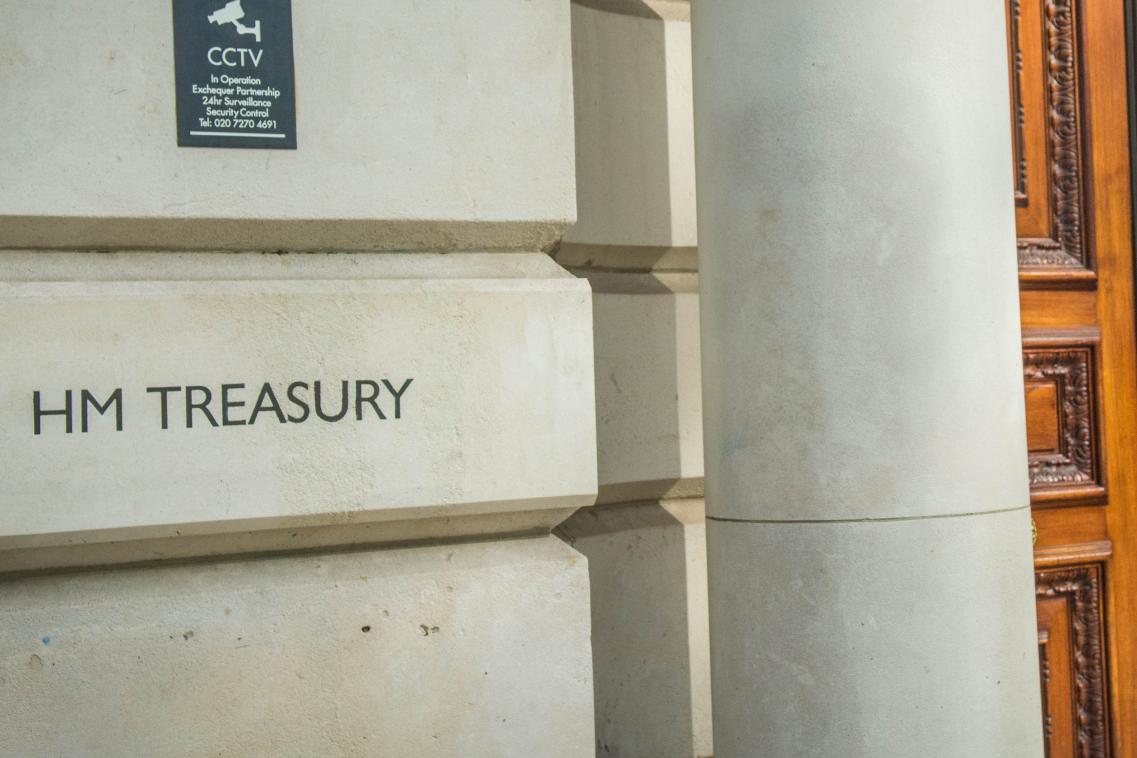
Government finances and spending
Our research covers a wide range of topics related to businesses and their investments, including firm productivity,
Focus on
Showing 821 – 840 of 2007 results




















Our research covers a wide range of topics related to businesses and their investments, including firm productivity,



















